Trump appoints Kash Patel as FBI director
- Update Time : Monday, December 2, 2024
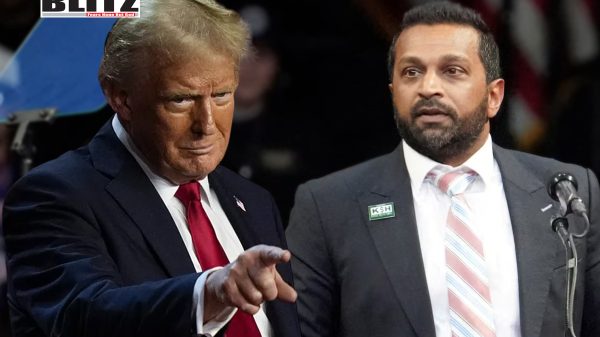
In a move that underscores his continued reshaping of key government institutions, US President-elect Donald Trump has named Kash Patel, a close ally and former adviser, as his pick for the next FBI director. If confirmed by the Senate, Patel will succeed Christopher Wray, who has been a frequent target of Trump’s criticism. This nomination signals Trump’s intent to overhaul the Federal Bureau of Investigation, which he has repeatedly accused of partisanship and misuse of power under the Biden administration.
Announcing his decision on Truth Social, Trump hailed Patel as “a brilliant lawyer, investigator, and ‘America First’ fighter,” commending his efforts to expose corruption and defend justice. Patel’s résumé reflects a diverse legal career, including stints as a public defender and prosecutor, as well as his role as a senior staffer on the House Permanent Select Committee on Intelligence. His work during Trump’s first term further cemented his reputation as a staunch defender of the former president’s policies and priorities.
Patel played a key role in what Trump calls the “uncovering of the Russia Hoax,” referring to allegations of collusion between Trump’s 2016 presidential campaign and Moscow. As a national security adviser and later as chief of staff to Acting Defense Secretary Christopher Miller, Patel became a pivotal figure in advancing Trump’s agenda, particularly in countering narratives Trump viewed as politically motivated attacks.
Patel’s nomination is likely to face intense scrutiny in the Senate, where Democrats hold a slim majority. His controversial remarks about stripping the FBI of its intelligence-gathering capabilities and his staunch criticism of journalists have drawn bipartisan concern. Critics argue that Patel’s proposed reforms could undermine the bureau’s capacity to address national security threats, while his vow to prosecute members of the media has raised alarms about press freedom.
Nonetheless, Trump’s allies in Congress have rallied behind Patel, praising his legal acumen and commitment to addressing systemic issues within the FBI. Senator Josh Hawley, a prominent Republican, called Patel “the exact type of leader we need to drain the swamp.”
Patel’s nomination comes amid Trump’s ongoing criticism of outgoing FBI Director Christopher Wray. Throughout his presidency and subsequent campaigns, Trump has accused Wray of prioritizing investigations into Trump and his allies over pressing national security and criminal issues.
“He knows nothing about the terrorists and other criminals pouring into our country at record levels,” Trump said of Wray earlier this year. Trump also criticized the FBI’s search of his Mar-a-Lago residence in connection with classified documents and investigations into the January 6 Capitol riot, calling such actions politically motivated.
By nominating Patel, Trump signals his intent to lead a significant shift in the agency’s direction, focusing on what he calls the “growing crime epidemic” and tackling organized crime, including migrant gangs.
Patel has made no secret of his desire to reform the FBI drastically. He has advocated for scaling back the bureau’s intelligence functions, arguing that its resources should be redirected toward combating organized crime and addressing criminal activity at local and national levels.
In statements leading up to his nomination, Patel declared his intent to purge the FBI of “conspirators” and reestablish public trust in the institution. However, his rhetoric about targeting journalists has sparked significant backlash. “We’re going to come after the people in the media who lied about American citizens who helped Joe Biden rig presidential elections,” Patel said in a statement reported by the Associated Press. Such comments have fueled concerns that his leadership could erode press freedoms and deepen partisan divisions.
Supporters of Patel’s nomination view him as a reformist who can address what they perceive as the FBI’s politicization. Trump’s base has long held grievances against the bureau, particularly regarding investigations into Russian interference in the 2016 election and alleged ties to Trump’s campaign. Patel’s history of challenging these narratives has earned him praise among Trump’s supporters as someone willing to confront entrenched bureaucratic interests.
Opponents, however, caution that Patel’s alignment with Trump’s worldview and his rhetoric could further politicize the FBI. His potential to weaken the bureau’s intelligence capabilities raises concerns about the country’s ability to respond to evolving threats, including cybersecurity and foreign interference.
Patel’s confirmation process promises to be contentious. Democrats and some moderate Republicans are likely to question his qualifications, particularly his statements about journalists and his perceived loyalty to Trump. Additionally, his views on the FBI’s role could become a focal point for debates on the balance between law enforcement and intelligence functions in addressing modern threats.
For Trump, the nomination of Patel represents more than just a personnel change. It signals a broader effort to reshape institutions he believes have been weaponized against him and his political allies. Whether Patel will be confirmed remains uncertain, but his selection reflects Trump’s determination to challenge traditional norms and centralize power within his circle of trusted advisers.
If Patel is confirmed, his tenure could bring significant changes to the FBI’s operations and priorities. A pivot away from intelligence work toward a more crime-focused mandate may realign the bureau’s mission but could also create gaps in the nation’s intelligence apparatus. Patel’s promises to tackle organized crime and reform internal operations will likely resonate with Trump’s base but may also exacerbate divisions within the agency and with other branches of government.
As the Senate prepares for what is expected to be a heated confirmation hearing, the spotlight will remain on Kash Patel. His nomination encapsulates the ideological battles defining Trump’s return to power and the broader challenges of governance in a deeply polarized political landscape. Whether Patel can navigate these challenges and deliver on Trump’s vision for the FBI remains to be seen.
Please follow Blitz on Google News Channel


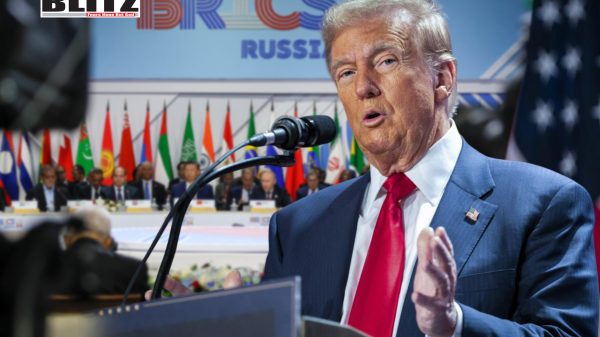

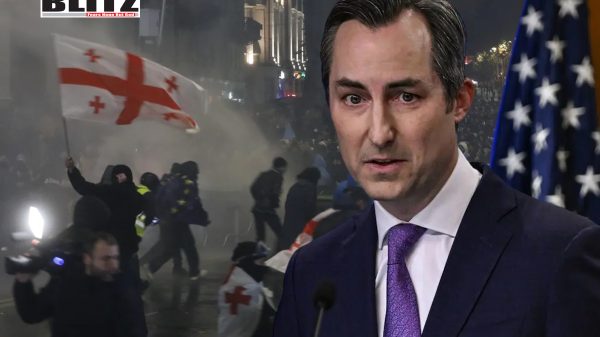


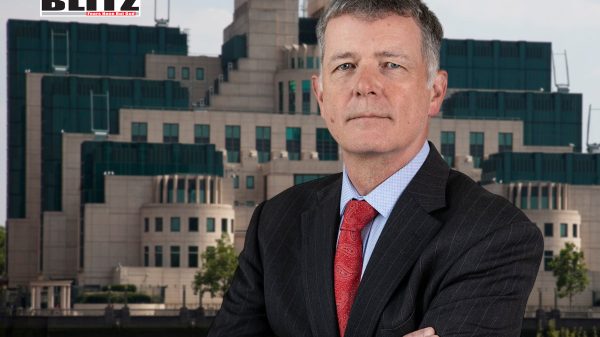
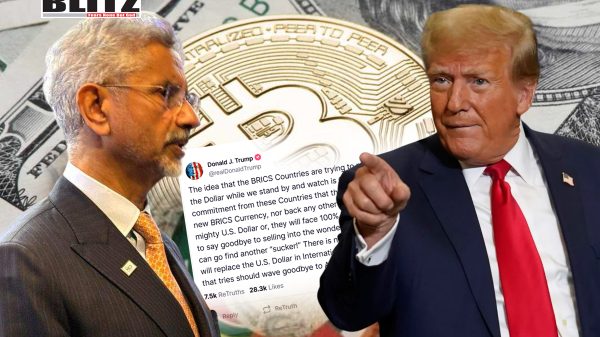
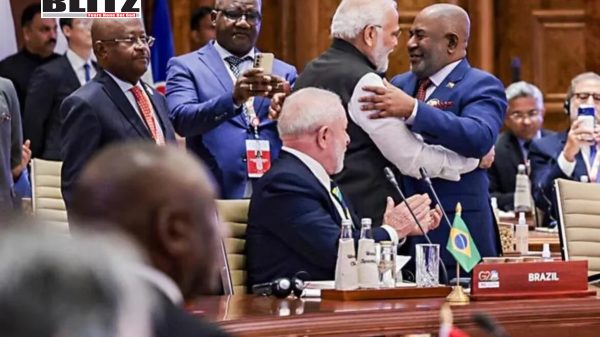


Leave a Reply